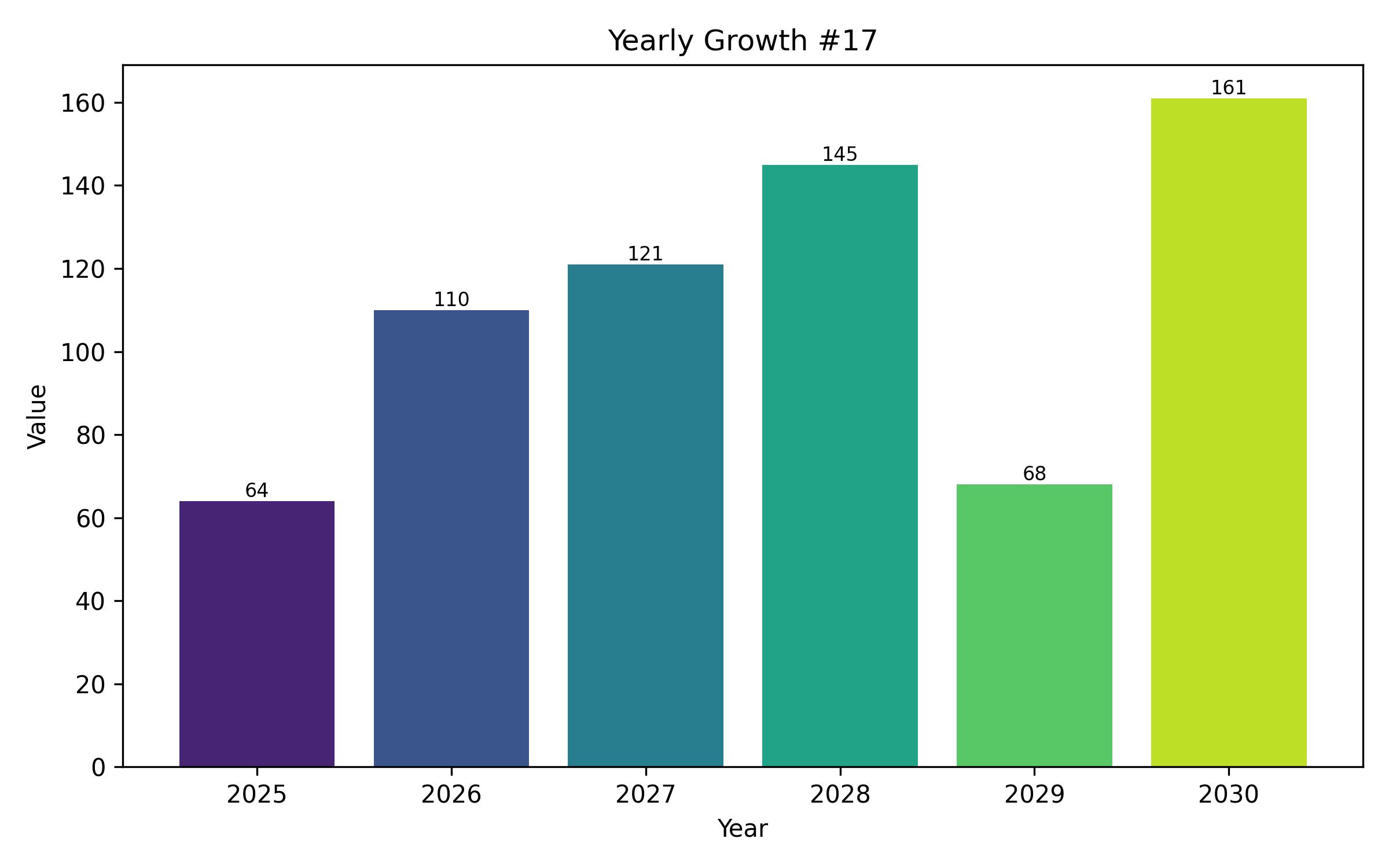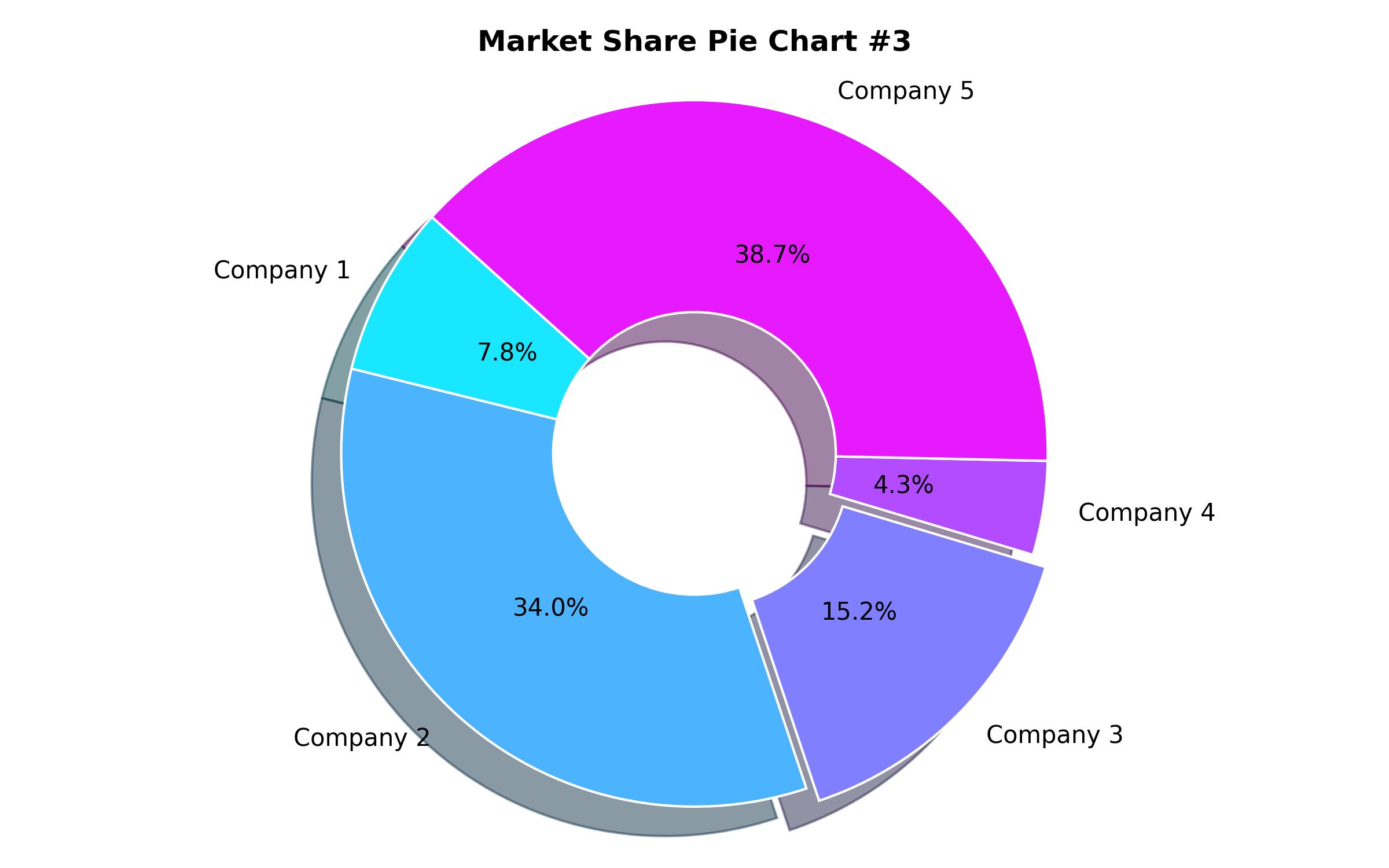Analysis and Projections for the Powdered Cellulose Market in Korea by Source, End-use Sector, and Functional Characteristics Through 2035
Overview:
The powdered cellulose industry in Korea is projected to be valued at approximately USD 11.5 million in 2025 and is predicted to reach USD 32.2 million by the year 2035, growing at a compound annual growth rate (CAGR) of about 10.8% during this forecast period.
This market’s expansion is being driven by a confluence of shifts in consumer preferences, industrial demands, and a strong emphasis on environmental responsibility. As a natural substance sourced from plant matter, powdered cellulose is gaining increasing traction, particularly within the food sector. A noticeable trend towards natural and clean-label products is evident, influenced by heightened consumer awareness regarding health and wellness in Korea.
Powdered cellulose acts as an effective thickening agent, stabilizer, and emulsifier, particularly in food items targeted towards low-fat and gluten-free diets, as well as various processed foods. The demand is bolstered by prevailing dietary trends, where consumers seek healthier alternatives free from synthetic preservatives and additives. Being a plant-derived ingredient, powdered cellulose aligns perfectly with the growing preference for products that conform to clean and natural consumption patterns.
Beyond the food sector, the cosmetic and pharmaceutical industries are significantly contributing to the market’s value proposition and expansion. In the pharmaceutical industry, this material is employed as an excipient, functioning as a filler and a binder in tablet and capsule formulations.
Its capability to enhance stability and improve the physical attributes of pharmaceutical products makes it an indispensable component in drug manufacturing. Similarly, in the cosmetics sector, powdered cellulose is used as a thickening agent in products such as creams, lotions, and various personal care items. The increasing demand for cosmetic products perceived as effective, gentle, and derived from natural sources has consequently boosted the demand for cellulose derivatives.
Another prominent catalyst for market growth is the overarching trend towards sustainability within South Korea. As a renewable, plant-based, and biodegradable substance, powdered cellulose is exceptionally well-positioned to support the nation’s environmental objectives. The growing requirement for eco-friendly packaging, especially within the paper and packaging industries, has also contributed to the increased integration of powdered cellulose as a primary material. As South Korea continues to prioritize sustainable initiatives and natural alternatives, the market for powdered cellulose is expected to thrive due to its adaptability and alignment with contemporary consumer values.

| Report Attribute | Details |
|---|---|
| Market Size in 2025 | USD 11.5 million |
| Revenue Forecast for 2035 | USD 32.2 million |
| Growth Rate (CAGR) | 10.8% from 2025 to 2035 |
| Base Year for Estimation | 2024 |
| Historical Data | 2020 – 2024 |
| Forecast Period | 2025 – 2035 |
| Quantitative Units | Revenue in USD million and CAGR from 2025 to 2035 |
| Report Coverage | Industry size forecast, competitor shares, market environment, growth factors influencing demand, and emerging trends |
| Covered Segments | Source, end-use sector, and functional properties |
| Regional Scope | South Korea |
| Country Scope | South Korea |
| Key Companies Analyzed | HNB BIO CO., LTD, J. Rettenmaier & Söhne GmbH + Co KG, CFF GmbH & Co. KG, Jelu-Werk J. Heeler GmbH & Co KG, InterFiber Sp. Z.O.O, Ankit Pulps and Boards PVT. LTD, Accent Microcell Pvt. Ltd., NB Entrepreneurs, Mikro-Technik GmbH & Co KG, Central Drug House (P) Ltd, Natural Fiber Solutions, Parnacell Chemical Pvt. Ltd., AROMATICS., Maple Biotech Pvt. Ltd, FineCell Sweden AB |
| Customization Options | Free report customization (up to 8 analysts working days) with purchase. Changes to country, regional, and segment scope |
| Pricing and Purchase Options | Customizable purchase options for tailored research needs |

Report Coverage & Deliverables
- Market Trends And Dynamics
- Competitve Benchmarking
- Historical data and forecasts
- Value/Volume analysis
- Company revenue shares and key strategies
- Regional opportunities
This is an indicative segmentation. Please request a sample report to see detail segmentation of this market.
Detailed Market Segmentation
- By Source
- Wood
- Non-Wood
- By End-use
- Food and Beverages
- Pharmaceuticals
- Cosmetics
- Other Uses
- By Functionality
- Thickener
- Stabilizer
- Binder
- Filler
- Dietary Fiber Source
- Other Functionalities
Table of Content
- Executive Highlights
- Market Summary
- Driving Forces and Market Patterns
- Critical Factors for Success
- Historical Demand Analysis 2020 to 2024 and Outlook, 2025 to 2035
- Market Value Assessment
- Market Size (in Value in USD Million) Analysis 2020 to 2024 and Outlook, 2025 to 2035
- Market Context
- Industry Analysis 2020 to 2024 and Forecast 2025 to 2035, By Raw Material
- Industry Analysis 2020 to 2024 and Forecast 2025 to 2035, By Application Area
- Industry Analysis 2020 to 2024 and Forecast 2025 to 2035, By Functional Attribute
- South Korea Market Analysis 2020 to 2024 and Forecast 2025 to 2035
- Market Structure Examination
- Competitive Environment Analysis
- Key Player Profiles
- Assumptions and Glossary of Terms
- Methodology for Research
